In a surprising announcement, Apple revealed today that it plans to embrace the RCS (Rich Communication Services) messaging standard. This new feature will be introduced through a software update scheduled for release “later next year.” The adoption of RCS will enable a plethora of iMessage-style functionalities for messaging between iPhone and Android users.
Apple’s decision is influenced by increasing pressure from regulators and competitors such as Google and Samsung. Additionally, the evolution and maturity of RCS as a communication platform have played a pivotal role in Apple’s decision-making process.
According to an Apple spokesperson, the company believes that RCS will provide improved interoperability for cross-platform messaging.
“Later next year, we will be adding support for RCS Universal Profile, the standard as currently published by the GSM Association. We believe RCS Universal Profile will offer a better interoperability experience when compared to SMS or MMS. This will work alongside iMessage, which will continue to be the best and most secure messaging experience for Apple users.”
What is RCS?
RCS, a messaging protocol primarily used by Google/Android users, offers chat features that are comparable to or even surpass Apple’s iMessage capabilities.
One of the key advantages of RCS is the ability to engage in live chats with multimedia elements such as web browser content, maps, and images, taking place within the user’s native inbox, like Android Messages.
Though SMS usage continues to increase, it has inherent limitations, considering its inception dating back to 1992. In response, RCS was developed in 2006 as a modern and advanced upgrade to SMS, catering to contemporary system requirements. It introduces a broader range of options, including support for images, videos, and improved security measures.
According to Robert Gerstmann from Sinch, RCS has the potential to replace traditional apps entirely. This concept might seem radical, but rich messaging capabilities can handle many common app functionalities such as checking balances or placing orders. Additionally, the verification process required for companies to establish trust among consumers further enhances engagement through this channel.
RCS introduces numerous iMessage-style functionalities to facilitate cross-platform messaging between iPhone and Android devices. This includes features like read receipts, typing indicators, the ability to share high-quality images and videos, and more.
With the implementation of RCS, Apple users will also gain the ability to share their location with others within text threads, utilizing either mobile data or Wi-Fi, unlike regular SMS.
It’s important to note that iMessage will remain the primary messaging platform for communication among iPhone users. RCS, on the other hand, will replace SMS and MMS while coexisting independently from iMessage whenever it is available. Apple clarifies that SMS and MMS will still be accessible as fallback options when required.
To be clear, Apple’s adoption of RCS is not equivalent to opening up iMessage to other platforms. Instead, it signifies the company’s decision to incorporate RCS separately, parallel to the functionality of iMessage.
Apple emphasizes that iMessage offers a superior level of security and privacy compared to RCS. iMessage is equipped with end-to-end encryption, and Apple has recently enhanced its security further with Advanced Data Protection for Messages in iCloud. In contrast, Apple asserts that the encryption supported by RCS is not currently as robust as iMessage.
The decision by Apple to adopt RCS comes after sustained pressure from competitors such as Samsung and Google. Despite this pressure, Apple had previously chosen to focus on strengthening the iMessage platform. Nonetheless, the company has made some enhancements to the SMS experience between iPhone and Android devices. For instance, in iOS 16, Apple improved Tapbacks support for conversations between iPhone and Android users. Additionally, in iOS 17, iPhone users (but not Android users) gained features like threaded replies and message editing in SMS group chats.
Furthermore, Apple has expressed its commitment to collaborate with GSMA members in enhancing the RCS protocol. This collaboration will particularly focus on improving the security and encryption of RCS messages.
C-TekGh’s Take
Apple finally being bullied into bringing RCS support to their iPhones is not only a win for advocates of the breakdown of closed-source software practices, it also makes us smile at how much it will destroy the smugness most Apple users have when it comes to proprietary applications like iMessage.
The fact that Apple is still using SMS and MMS messaging standards that were introduced in the 1990s, compared to Google and their adoption of RCS which was released in 2008, it would make you laugh even more when people speak of iMessage like an elitist and superior messaging service when they have been brainwashed to accept standards that should have been killed a decade ago.
No longer will we hear “iMessage games anyone” or that nonsensical blue vs green bubble debate that has raged on for years at this point, and to be honest, we at CtekGH are absolutely glad to see it experience a fitting end.

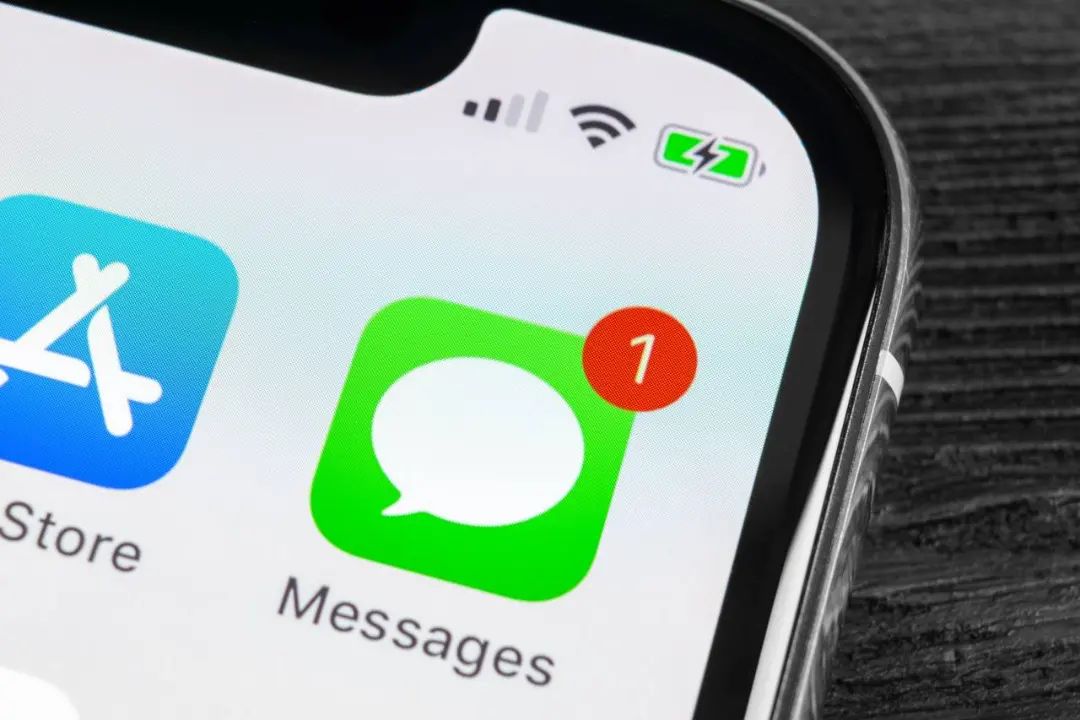
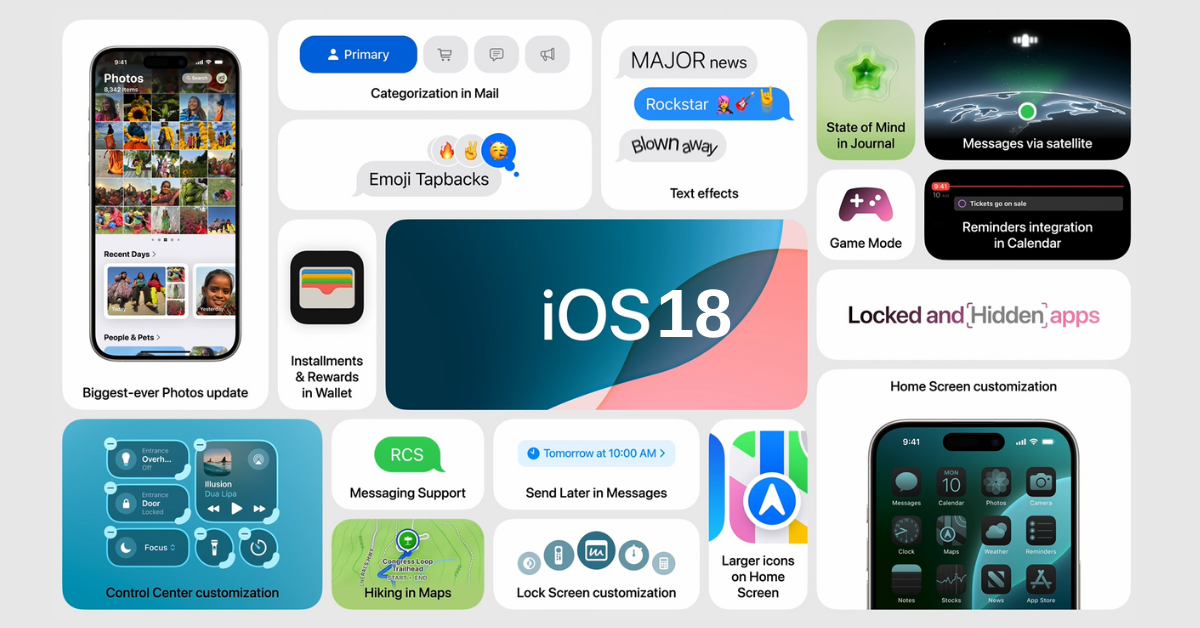
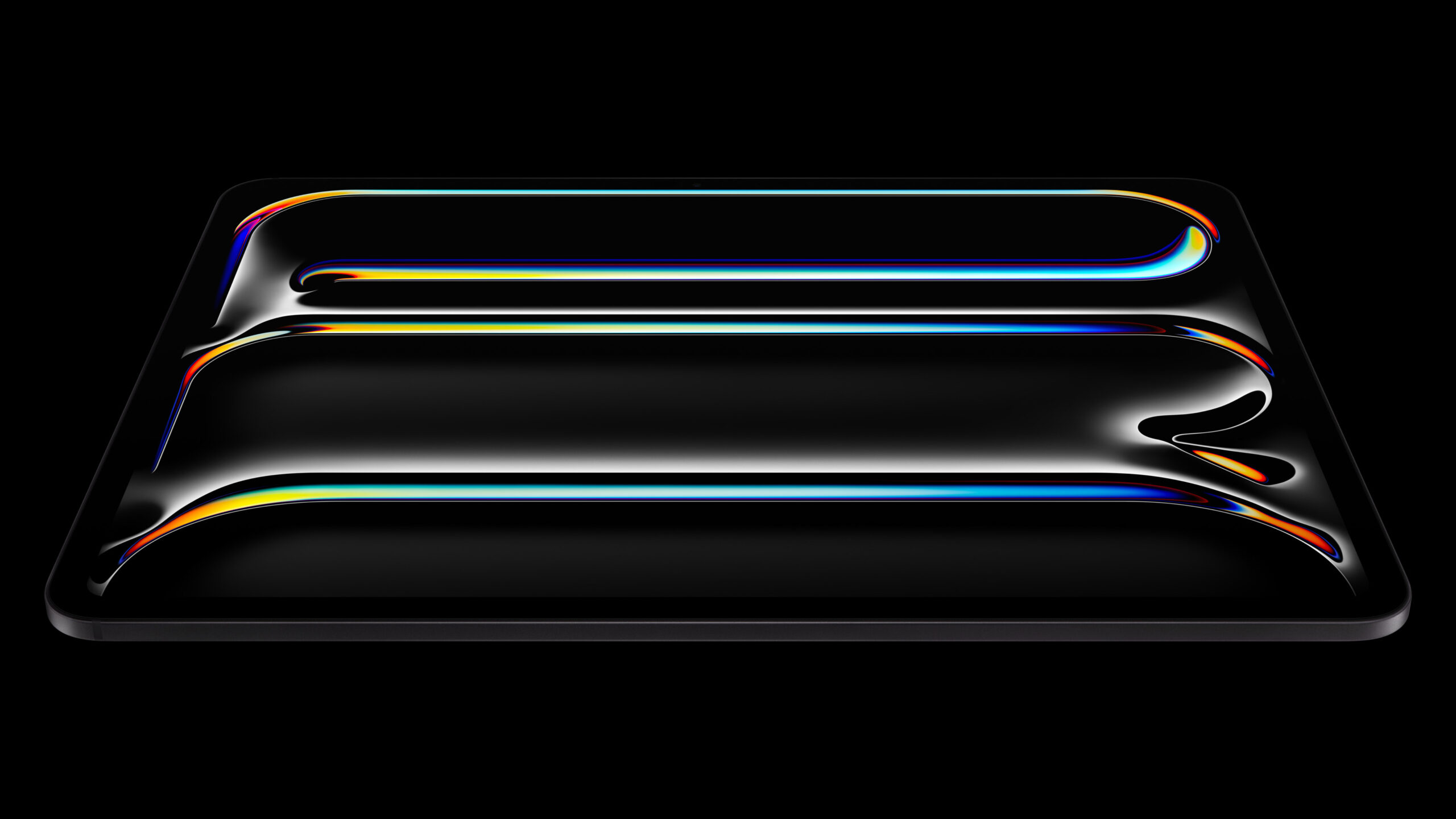

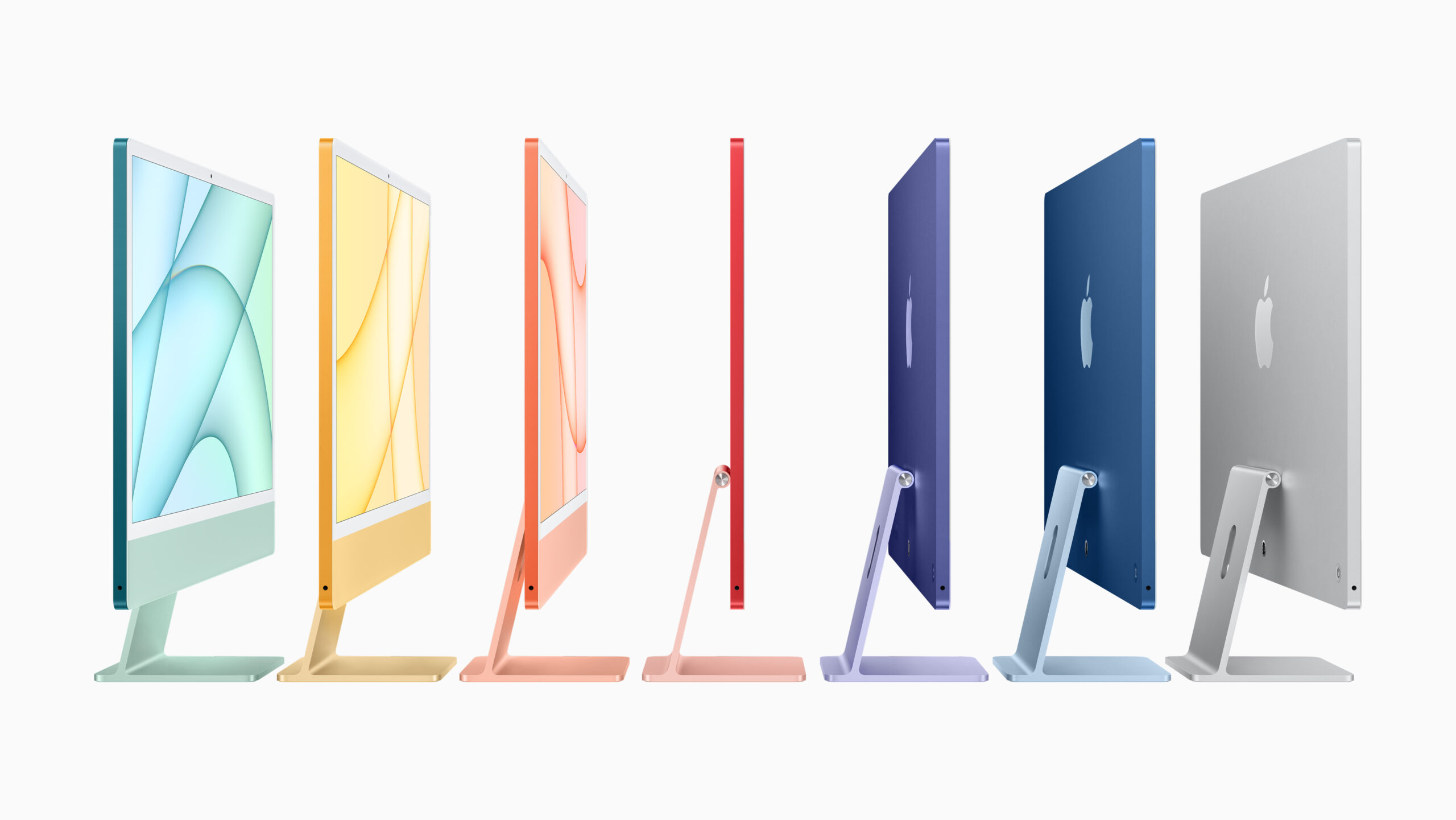
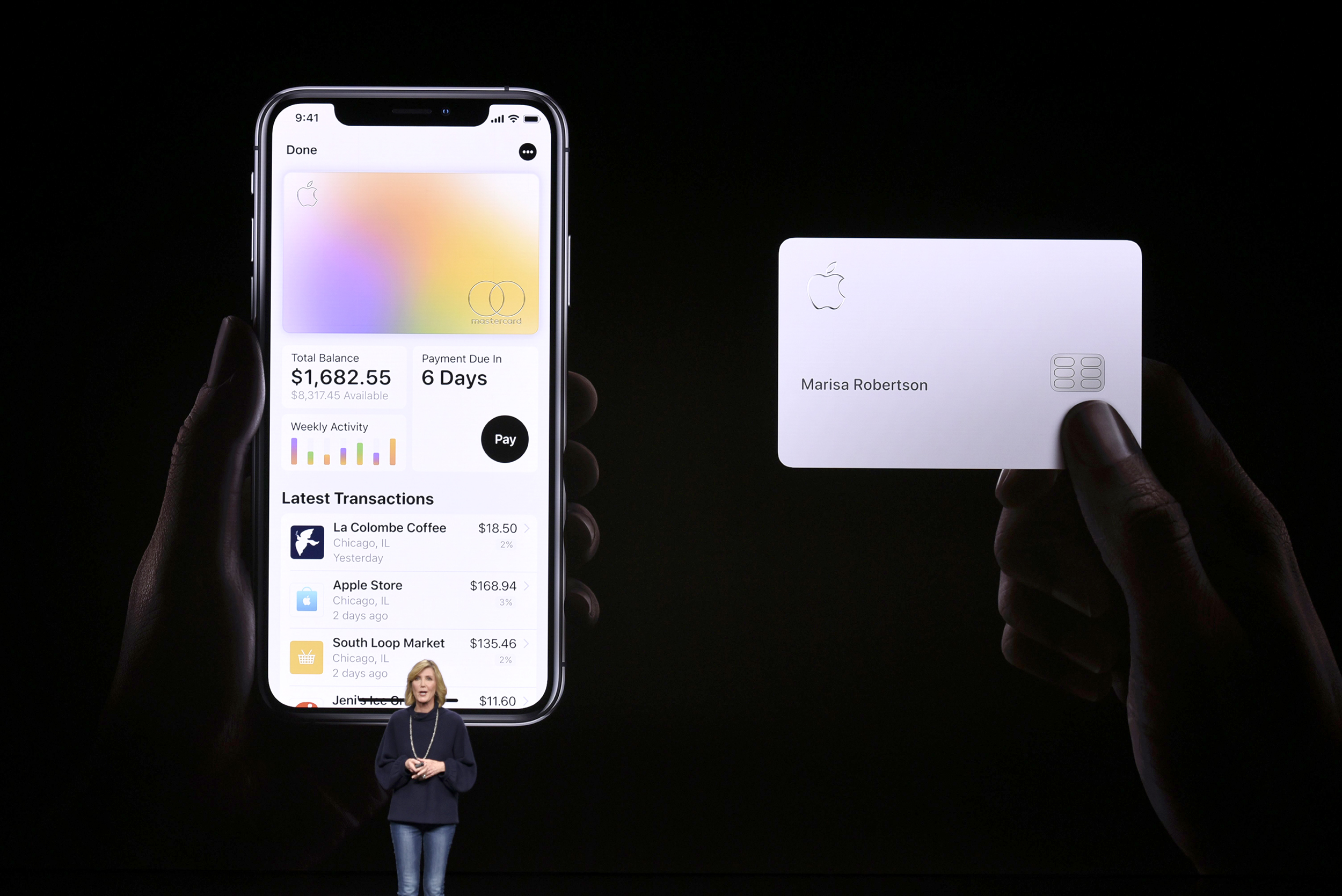

IOS 18: Discover The Top 10 Exciting Features You Need To Try! – C-TekGh
[…] and user-friendly, enhancing your connection with friends and family. This update also brings over RCS messaging to the iPhone […]